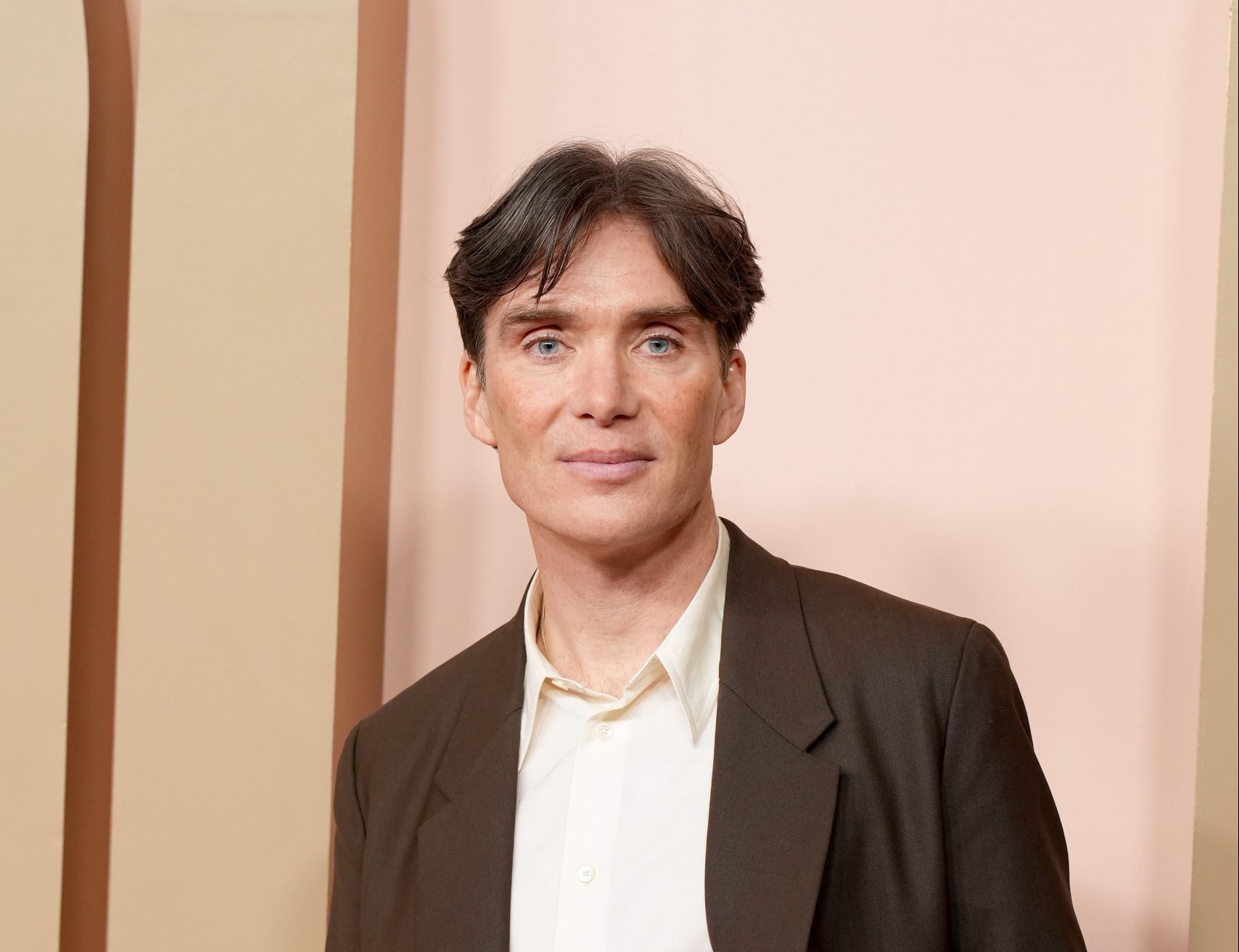” The gynecologist just told me ‘oh yeah, you have the PCOS look. Keep trying, and if that doesn’t work, I’ll give you the hospital’s PMA number. I had no workarounds, almost nothing was explained to me “. Flora, 28, has polycystic ovary syndrome. After nearly two years of medical wanderings and an unfulfilled desire for a child, the young woman ended up getting a diagnosis bluntly delivered by an uninformed doctor.
Like Flora, one in 10 women worldwide is affected by PCOS. Far from being limited to irregular cycles or a fertility disorder – affecting at least 50% of patients – this syndrome is at once reproductive, central, endocrine, psychological and metabolic.
Depending on the women and their backgrounds, these symptoms vary in nature and intensity. Sometimes up to severe cases with cardiovascular or psychological risks: Researchers have shown that the rate of suicide attempts is up to 7 times higher in affected women. Given the scale of the problem, one might think that the search for definitive treatment is an international priority. Only no: we only propose to mask some symptoms.
How to explain this response when at least 380 million people are affected? The causes are various, including the lack of funds for research and the difficulties in treating such a complex syndrome. But also because PCOS is treated with a double gender bias.
Minimized suffering
” In general, everything related to women’s health is already marginalized, a little under-researched. Dr. Nour Mimouni, a neuroendocrinologist specializing in PCOS who collaborates with Inserm in Lille and Columbia University in New York observes it. His observation is far from isolated. In the book Bad treatmentsDelphine Bauer and Ariane Puccini expose how women’s health is neglected by science: drugs are rarely designed for them, poorly prescribed and can even have harmful consequences, as in the case of Picks or Levothyrox.
The survey shows that women’s suffering is downplayed by much of the medical profession. PCOS is no exception: the people affected are mostly cis women (trans men and non-binary people with ovaries can also be affected), this disease is treated with sexism. For many patients, this particularly translates into medical wandering and a lack of listening.
This is what Flora, 28, experienced when she was diagnosed two years ago when she stopped taking the pill because she wanted to have children. In addition to having difficulty conceiving, she suddenly developed the main symptoms of PCOS: very long periods and acne. However, she had to fight to get a diagnosis.
” My GP told me not to worry and we weren’t going to do anything for two years. But I had first inquired on the Internet, I had seen that it corresponded to PCOS. I decided to make an appointment in the hospital with a gynecologist. Again, I was told, no, it was fine. So I forced to do an ultrasound. It was February 2021, I stopped taking the pill in June 2020 “.
Flora, 28 years old.
Flora’s determination pays off: she gets an answer, but no solution or explanation.
Now in assisted procreation, Flora observes a journey punctuated by reflections” quite out of place from the medical profession, with very little psychological support: No one recommended a support group or specialist to help me She also complains that many patients are only diagnosed when trying to conceive: ” At 20 it could be a routine gynecological visit to consult our AMH and our ovaries, it costs nothing. It would save many women a lot of time. »
Be a mother and shut up
If the management of the fertility disorder can be improved, remains the most treated symptom of PCOS, via ovarian stimulation by stamping, surgery, or IVF and PMA (medically assisted procreation, new name given to PMA) pathways. For the other consequences, an attempt is made rather to mask them with unequal, sometimes dangerous treatments.
For example, to alleviate hyperandrogenism, which affects 70% of patients and can lead to severe acne, hirsutism or hair loss, doctors suggest taking the pill, Androcur, or ” to adjust the lifestyle “. Only not all patients support the pill: a Swedish study, for example, has just shown that adult women who take the pill have a 92% increased risk of depression. For Androcur, this drug can cause brain tumors, malignant in 30% of cases, as the book recalls. Bad treatment. Lifestyle changes, which are effective when personalized, are often suggested without medical or psychological support. Leaving women helpless and guilty, even in danger.
Is this neglect of symptoms other than infertility due to an archaic vision of femininity, valued only through motherhood? ” Today, we really have a focus on reproductive function. This is an observation shared by people interested in the subject, by the specialists we work with and by patient associations. says Clara Stephenson. This former lawyer with the syndrome created Solence, a lifestyle medicine-based digital coaching program to alleviate PCOS.
Kelly Lescure, president of the PCOS Europe association, says: ” Indeed, this bias comes into play.Until recently, the woman was seen as the object of procreation, so we will insist on this This focus of attention on patient fertility, despite a widely documented and mismanaged set of symptoms, demonstrates that women are being restored to their reproductive function. An essentialist view that we would deem outdated in 2023, which denies women’s diversity, their desires and their sufferings, sometimes fatal: let us remember that cardiovascular diseases, particularly favored by PCOS, are the leading cause of female death in France.
Another double standard: if assisted procreation is fortunately reimbursed, the other treatments directly linked to PCOS – psychological follow-up, anti-acne products, the pill… – are mostly not. For Kelly Lescure, ” Again, what we instill in the patient is: your care or your appointments are not reimbursed because we believe it is not serious. For psychological symptoms, that a therapy is not supported when we know very well that there is a prevalence of anxiety disorders, depression and suicide attempts, really means that it is not important enough “.
This funding disparity indicates that society places more importance on women’s ability to give birth than on their psychological well-being.
The scientific challenge is real
This double gender bias (neglecting women’s health and focusing on motherhood) impacts patients’ lives and slows down the search for a cure. But Kelly Lescure, Clara Stephenson and Dr Nour Mimouni point out that, slowly, the medical profession is getting involved: “ The medical program has changed slightly. At the time it was very formal, today it is more complex. It’s still in short supply, but the younger generation of doctors are very curious about women’s health issues, so we’re seeing the best. notes the president of SOPK Europe. There is also a commitment to pioneers, such as Dr. Paolo Giacobini who directs research at Inserm, prof. Catteau Jonard and Prof. Didier Dewailly at the University Hospital of Lille, where the endocrinologist Prof. Michel Pugeat, who especially supports Solence.
Unfortunately, one major obstacle remains: Scientists working to cure PCOS are discovering that it’s an extremely complex disease. ” The difficulty of syndromes like this, even before finding a cure, is to understand what is the cause of the disease. This is what our research tries to bring to light. I think it could answer many questions and help personalize diagnoses and treatments. It is a challenge that the medical profession and researchers are trying to meet, but it is not easy explains Dr. Nour Mimouni.
According to the neuroendocrinologist, transdisciplinary cooperation is absolutely necessary to better study PCOS. So bringing together endocrinologists, diabetologists, psychologists… For this, money is needed, but as the scientist explains, the lack of funds in French research hinders the study of problems that require a multidisciplinary approach.. Researchers must therefore adapt and limit collaborations with other specialists. A situation that needs to change, because as summarized by Kelly Lescure: “ Having a curative rather than suspensive treatment for PCOS requires investment in research. It could take ten, fifteen or twenty years. But if we don’t, it will take thirty “.
Do you like our articles? You will love our newsletters! Sign up for free on this page.
Source: Madmoizelle
Mary Crossley is an author at “The Fashion Vibes”. She is a seasoned journalist who is dedicated to delivering the latest news to her readers. With a keen sense of what’s important, Mary covers a wide range of topics, from politics to lifestyle and everything in between.





